An expository text is a fact-based piece of work which purpose is to provide information, thus revealing the facts. Furthermore it serves to educate the readers on specific purposes.
Here are the most common expository texts:
- Textbook
- News article
- Instruction manual
- Recipe
- City or country guide
- Language book
- Self-help book
- Encyclopedia
- Almanac
- Dictionary
- Thesaurus
- Website
Moreover, there are 6 classifications of expository papers: process, problem-solution, comparison-contrast, definition, classification, cause-effect.
EXPOSITORY TEXT STRUCTURES
Description
👉 Describes a topic by listing features,
characteristics, attributes and examples.
👉 The example gives additional information
about a certain subject.
👉 Structure:
👀 identification of the subject described
👀description proper: parts, qualities,
features, examples

Here are the possible cue words to find when reading a descriptive expository text.
👇
Sequence
👉 Lists items or events in chronological or
numerical order.
👉 The order could be implicit or explicit.
👉 Explains steps to follow in order to accomplish
a certain task.

Here are the possible cue words to find when reading a sequence expository text.
👇
👆
Since this type of expository text lists the processes of how something can be accomplished, it may be well understood with a FLOWCHART; or a SIMPLE DIAGRAM like this one. 👇
Since this type of expository text lists the processes of how something can be accomplished, it may be well understood with a FLOWCHART; or a SIMPLE DIAGRAM like this one. 👇
Cause and Effect
👉 Ideas, events in time, and facts are
presented as causes to the events that have happened.
👉 Describes the relationship of one or more
causes to the ensuing effect.
👉 Explains how one effect leads to another.
👉 Structure:
👀Introduction - Talks about
initial events that triggers the next.
👀 Description - Explains what or how
consequences occurred.

Here are the possible cue words to find when reading a cause and effect expository text.
👇
👆
Since this type of expository text presents the cause and effect of a certain event or phenomenon, it may be well understood with a simple CAUSE AND EFFECT MAP; or a more complex map like this one. 👇
Since this type of expository text presents the cause and effect of a certain event or phenomenon, it may be well understood with a simple CAUSE AND EFFECT MAP; or a more complex map like this one. 👇
👉 Presents two or more details of
how an event, idea, concept,
theory or a thing are alike or
different.
👉 Structure:
👀Introduction - Talks about the
topics to be compared or contrasted.
👀Comparison - Lists similarities
👀Contrast - Lists differences.
👆
Since this type of expository text presents similarities and differences, it may be well understood with a VENN DIAGRAM; or a more detailed map like this one. 👇
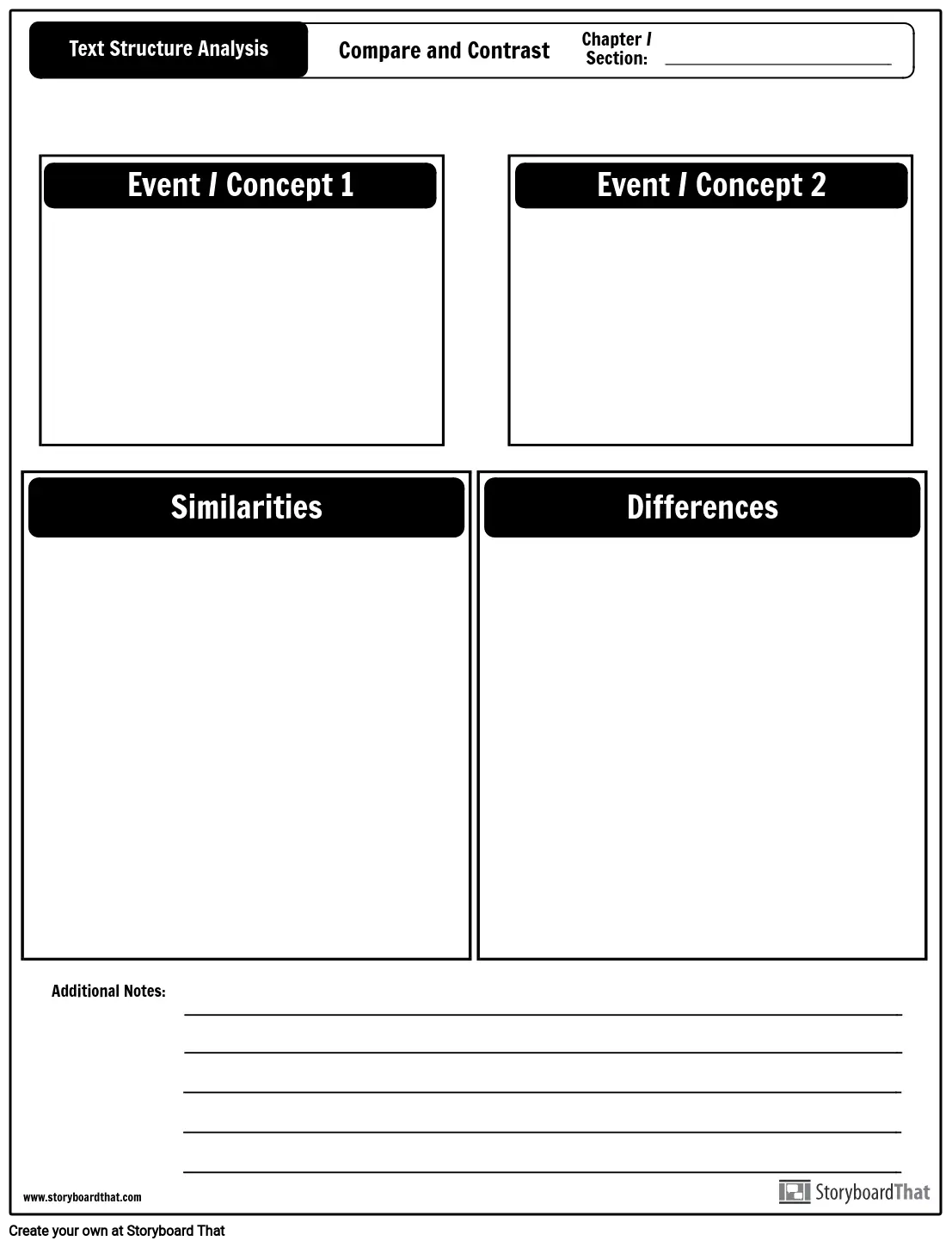
Problem and Solution
👉 Presents an outlined of two or more solutions
to a problem.
👉 Describes a problem then presents two or
more solutions.
👉 Structure:
👀Outline of the problem
👀Identification of solution/s
👀Explanation of the validity of the
identified solution
Here are the possible cue words to find when reading a cause and effect expository text.
👇
👆
Since this type of expository text presents similarities and differences, it may be well understood with a simple PROBLEM-SOLUTION MAP; or a more detailed map like this one. 👇
References:
What is Expository Text? - Definition, Types & Examples https://study.com/academy/lesson/what-is-expository-text-definition-types-examples.html
Expository Text in the Classroom https://www.uwo.ca/fhs/lwm/teaching/DLD2_2016_17/smith_teachingexpositorytext.pdf
Expository Text Activities by Meghan Kyne https://www.storyboardthat.com/articles/e/informational-text-activities
Types of Diagrams RACHEL PANCARE https://classroom.synonym.com/types-diagrams-6583964.html
Expository Text Examples http://leanne-hoffman.sites.nebo.edu/non-fiction-articles/expository-text-examples
15 Graphic Organizers and How They Help Visualize Ideas https://visme.co/blog/graphic-organizer/
Originally published in
September 9, 2021
@ jeanillec.blogspot.com


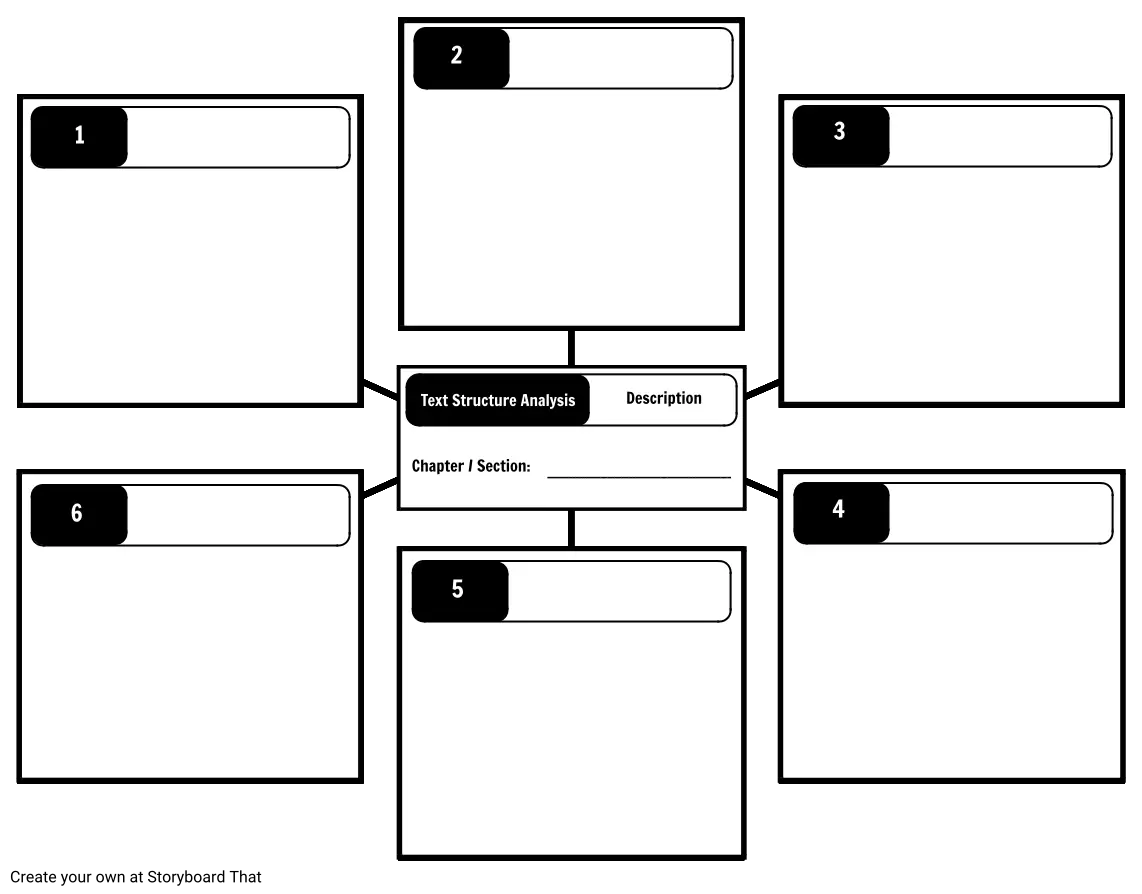

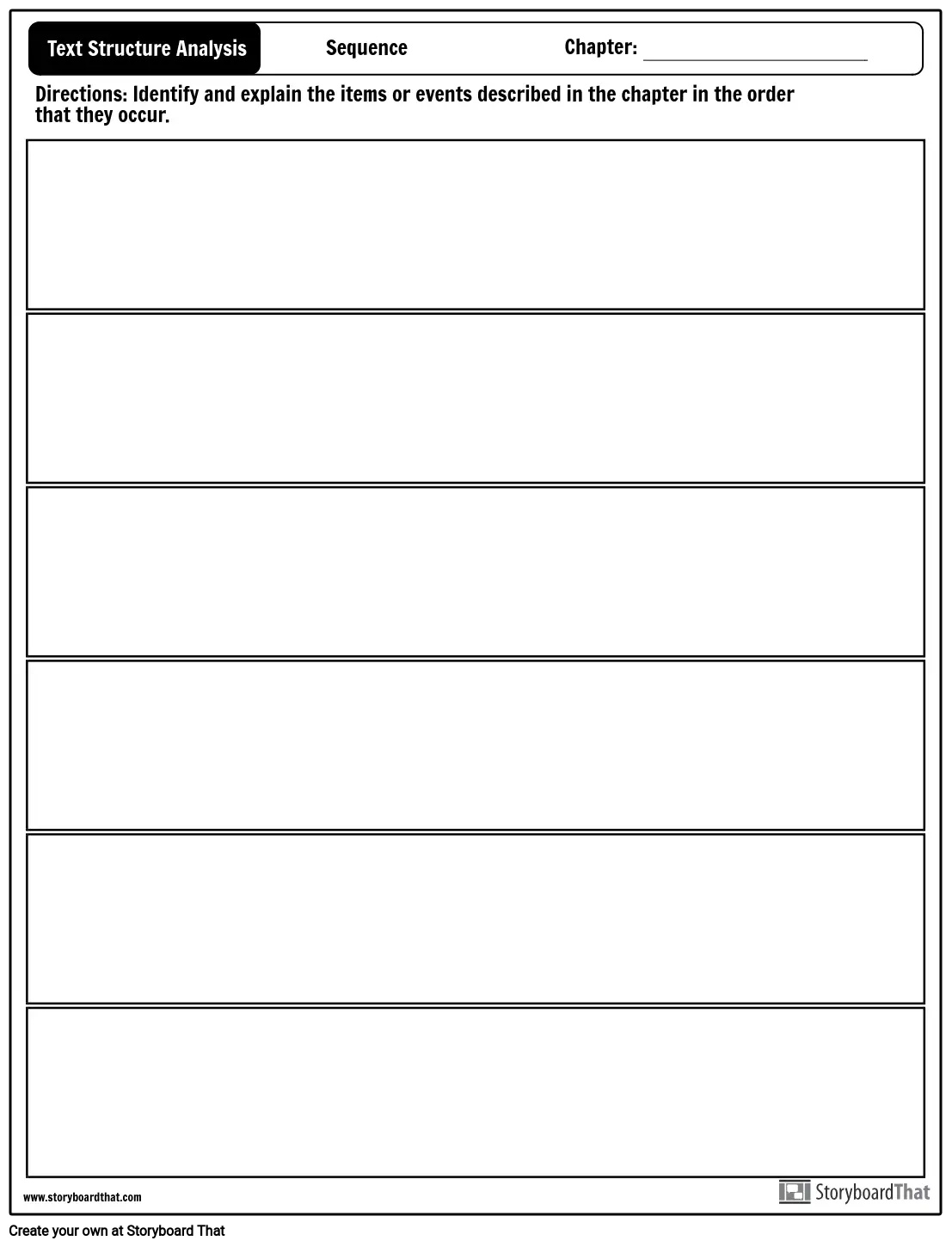

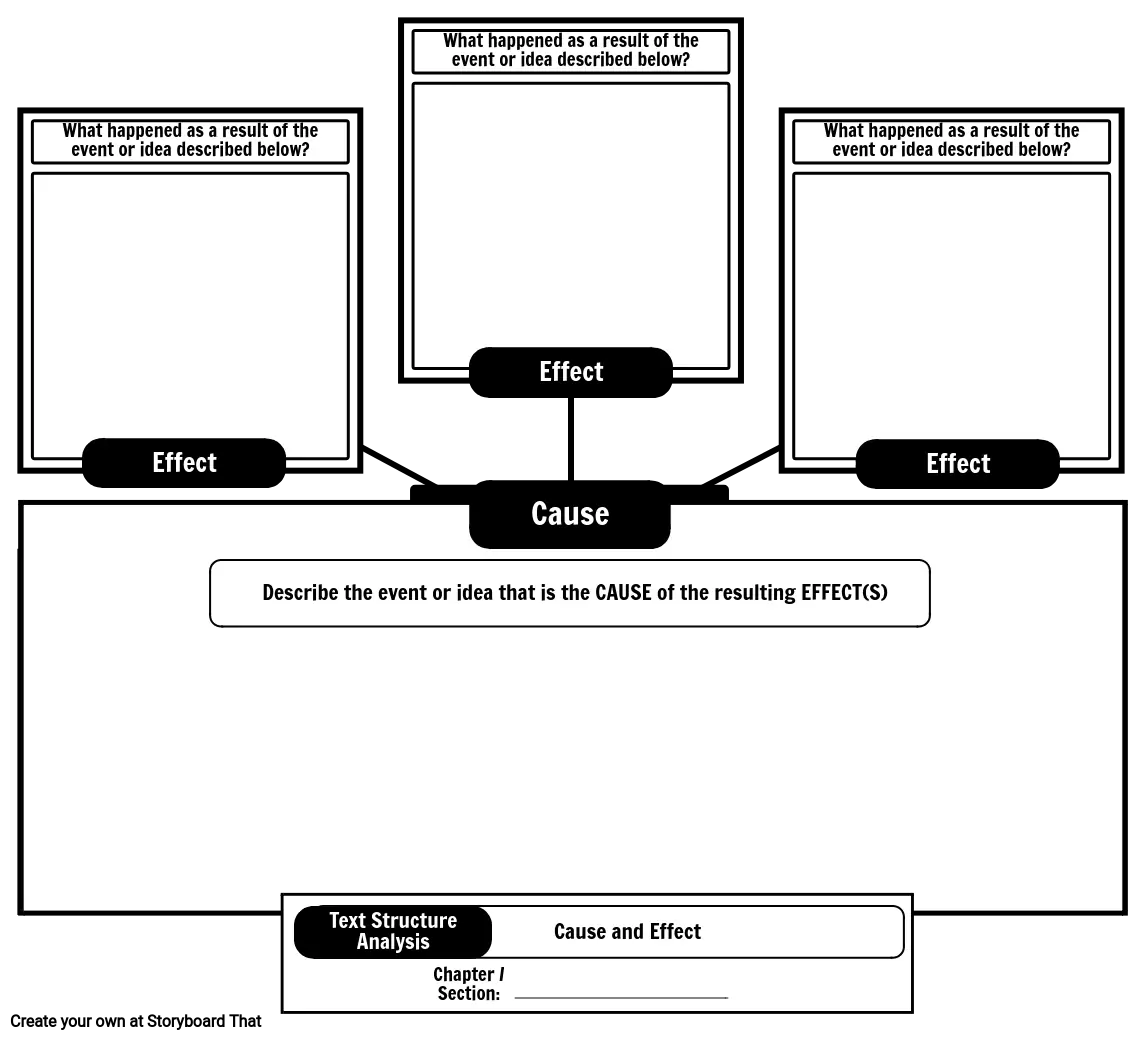




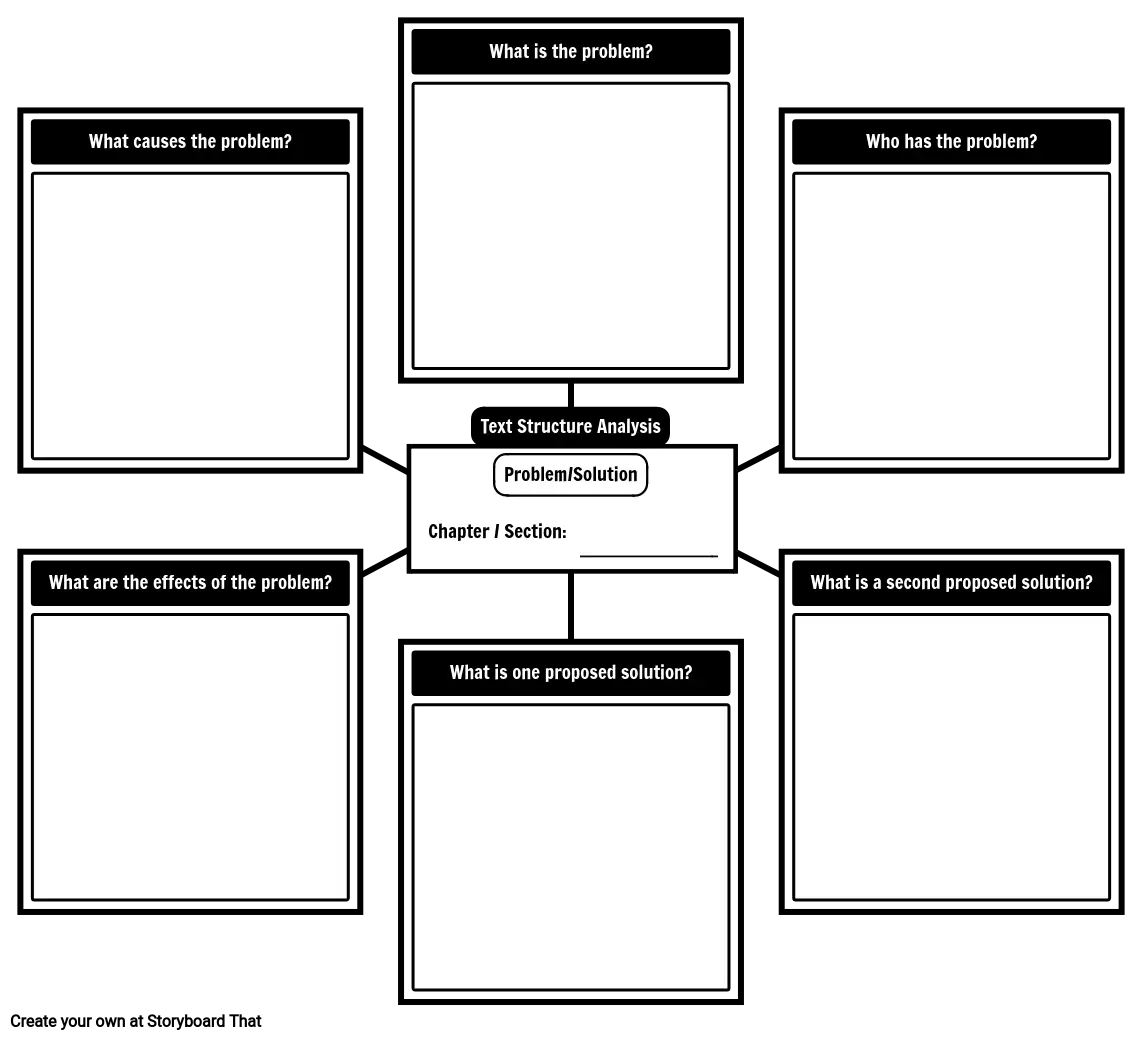



No comments:
Post a Comment